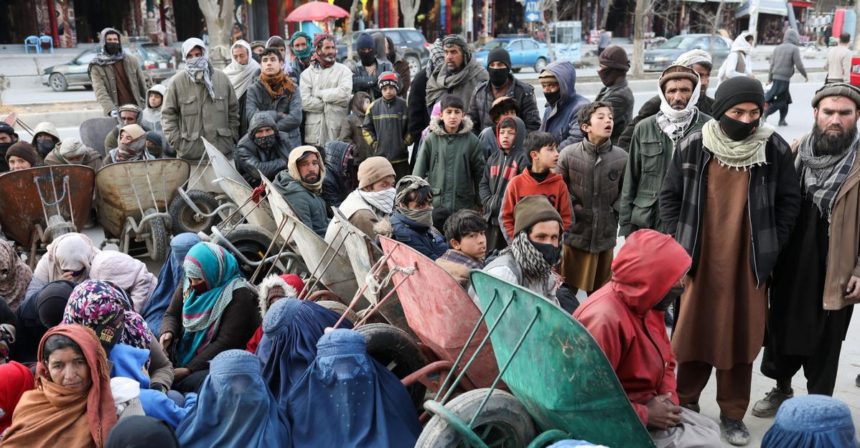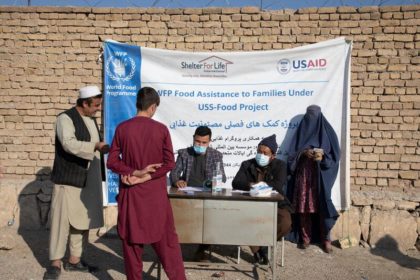RASC News Agency: According to a recent report published by the United Nations, approximately 700 million people worldwide are currently trapped in the grips of extreme poverty. Released on October 17th, which also marked the “International Day for the Eradication of Poverty,” the report sheds light on the dire circumstances faced by a significant portion of the global population.
The United Nations report highlights that access to decent work is an inherent right for every individual, underscoring the need for robust social support systems to uphold human dignity. It further emphasizes that the majority of those living in extreme poverty are part of the informal economy, struggling to generate sufficient income despite working long hours.
Alarming statistics reveal that as of 2020, only 46.9% of the global population benefited from minimal social protection measures, indicating that more than half of the world’s population lacks the necessary safety nets provided by such programs.
Although Afghanistan is not specifically mentioned in this particular United Nations report, various humanitarian organizations have previously identified it as one of the world’s poorest countries. Tragically, the situation has been further exacerbated by the Taliban’s recent takeover and the subsequent absence of suitable employment opportunities, plunging Afghanistani households deeper into poverty.
In a related development, the United Nations World Food Programme (WFP) marked World Food Day by stating that approximately 15 million Afghanistani, roughly one-third of the country’s population, are unsure where their next meal will come from. This distressing revelation underscores the urgent need for immediate action to address the pressing issue of hunger in the region.
The mounting challenges surrounding poverty in Afghanistan and globally call for a concerted effort to alleviate the suffering of millions. It is imperative that governments, organizations, and individuals come together to tackle the root causes of extreme poverty, promote sustainable development, and ensure a brighter future for all.
Meanwhile, this comes as the level of poverty in Afghanistani households has significantly increased due to the Taliban’s takeover and the lack of suitable work opportunities for Afghanistani citizens.






